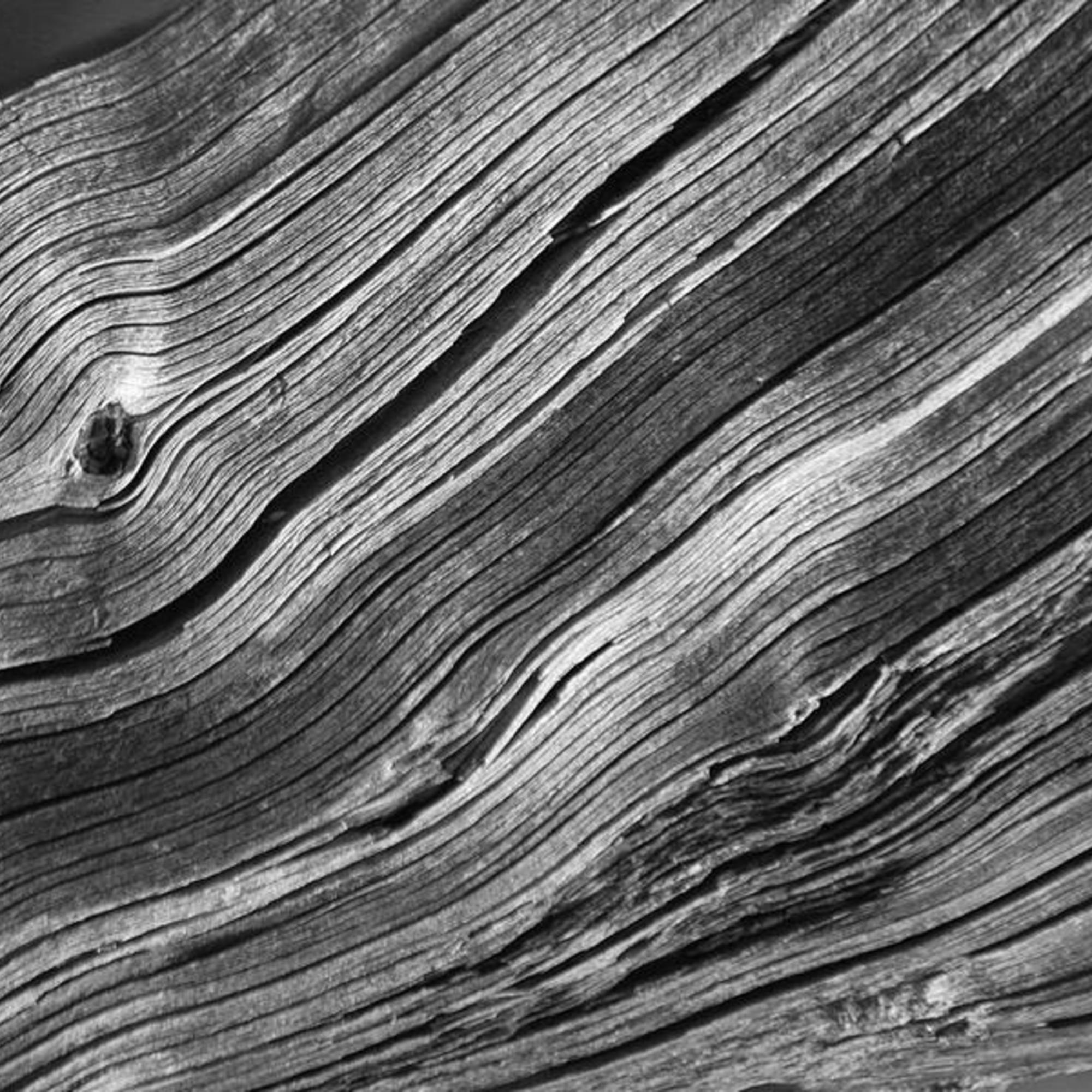History, Herstory, Ourstory, or None of the Above? Bringing Ibn Khaldun and John Arnold into Conversation
The dictionary definition of “history” is quite simple—the study of past events. Indeed, at its core, the most pursuit of history is merely to understand what happened before us. However, as we learn from a close reading of both the introductory remarks of Ibn Khaldun’s Muqaddima and an excerpt of John Arnold’s “History: A Very Short Introduction,” reaching that understanding requires far more than meets the eye, involving a degree of skepticism and self-awareness that might even make the task impossible. What is more, though they provide different evidence, both Ibn Khaldun and Arnold suggest that one cannot fully digest an historical source without already possessing a deep contextual understanding of the circumstances surrounding that same source. We will examine the evidence these two authors mobilize for this claim, as well as consider its implications.
The tool of history, so to speak, is the analysis of written, spoken, or visual records. This is not so simple as combining information from multiple sources so as to construct a narrative of events. Both Ibn Khaldun and Arnold caution that one must think twice about taking a source at face value, albeit for different reasons. According to Ibn Khaldun, “untruth naturally afflicts historical information,” due to “prejudice and partisanship” on the part of both the initial recorder of a historical event, and the reader of the historical text, or historian. He thus concludes, “The result is that falsehoods are accepted and transmitted.”
Though Arnold does not state this ultimate result so bluntly, his assessment of the difficulties of historical analysis lead us to a very similar conclusion. Indeed, he asks readers, “When the historian comes to write his or her true story, how does he or she translate a past mentalite for a modern audience? Whose words do you use to explain the source (and therefore the past): those of the dead, or those of the living?” As Arnold elaborates, the words we use to describe certain objects, events, or feelings change over time and across space. The historian must thus be careful in his or her interpretation, being sure to adopt the vocabulary of the recorder in order to accurately understand the historical event.
Ibn Khaldun, however, sees the responsibility of the historian as greater than being a careful linguist. He argues that the historian must not only place himself in the word-world of the creator of a historical source, but must always be cognizant of the potential for a source to bear false witness. Speaking of historians who have failed to adopt this mentality, he writes, “Persons who had no right to occupy themselves with history introduced into these (history) books untrue gossip which they had thought up or freely invented, as well as false, discredited reports which they had made up or embellished. Many of their successors followed in their steps and passed that information on to us as they had heard it. They did not look for, or pay any attention to, the causes of events and conditions, nor did they eliminate or reject nonsensical stories.” Ibn Khaldun thus frames the role of historian as that of cynic, perennially on the lookout for holes and embellishments in the stories of historical sources.
Ibn Khaldun’s portrayal of the historian as cynic might at first glance seem to align with Arnold’s claim that reading historical sources “against the grain ... is not only permissible but probably essential.” Arnold means “against the grain” not in the sense of treating the recorder of the source as potentially deceitful, but in the sense discussed earlier, of questioning the reader’s assumptions about contemporary language. For instance, Ibn Khaldun notes, “The words of the dead can be tricky. Sometimes they are the same as, or similar to, our words: ‘farm,’ for example, meant a rent or tax for medieval people, and in the early period ‘lewd’ (or ‘lewed’) indicated a lack, not of civility, but of learning.” As discussed earlier, Arnold’s solution to this problem of the malleability of language is for the historian to dig deeper into the linguistic context surrounding the production of a source, so as to understand each word “as people in the past would have understood it.” This calls to our attention, however, the inherent difficulty in attaining this contextual knowledge, particularly when we bring Ibn Khaldun’s Muqadimma into the conversation. Given that one can only gain such contextual knowledge by examining other historical sources, we are left with a seemingly implacable chicken-egg dilemma that has yet to be resolved. If we cannot understand any historical source without bringing in information from other sources, where are we to begin, especially when, as Ibn Khaldun asserts, we cannot take any source at face value?
These questions serve to remind us of the difficulty of accurately conveying historical knowledge. We are never fully sure we have understood the details in the way a source intended, and we cannot be. However, we will understand even less if we do not try. And so, if we find any value in building our historical awareness, we plow on.




